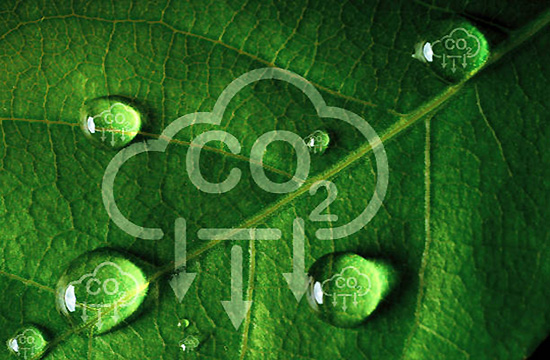
Shifting towards plant-based diets has the potential to significantly reduce food-related emissions, with estimates suggesting a 60-70% decrease. This is a crucial step in addressing climate change. However, implementing such changes is complex, given cultural, economic, and political factors deeply ingrained in the food system. Veganism, with a remarkable 75% reduction in greenhouse gases, stands out for its substantial environmental impact.
Overcoming challenges related to cultural preferences and economic factors is essential for the widespread adoption of these eco-friendly dietary choices.
Lab-grown or cultured meat faces multifaceted challenges, including high production costs, consumer skepticism, and regulatory complexities, cultural preferences, and significant infrastructure changes.
Educating consumers about the benefits, ensuring regulatory clarity, and addressing taste preferences are pivotal for successfully integrating environmentally friendly meat alternatives into mainstream diets.


Embracing insect consumption encounters various obstacles, such as cultural aversions, psychological barriers, ack of infrastructure, regulatory hurdles, economic resistance, and taste preferences.
Achieving widespread acceptance requires a comprehensive approach involving education, regulatory support, improved accessibility, and the development of appealing insect-based products tailored to local culinary preferences.
Exploring diverse eco-friendly food options, including plant-based meats, insect-based foods, lab-grown meats, algae-based products, plant-based proteins (tofu, tempeh), sustainable seafood, and legumes contributes to a more sustainable food system.
Balancing production methods and aligning choices with individual needs maximizes the overall reduction in environmental impact.


Effective reduction of food-related emissions necessitates a comprehensive strategy, including a shift towards plant-rich diets, adoption of alternative proteins, reduction of food waste, and improvements in agricultural practices..
Livestock management reforms, smaller herds, and advanced agricultural techniques are crucial in mitigating emissions. Furthermore, a 17% reduction in food waste could lead to a significant decrease of over 8% in global greenhouse gas emissions.

